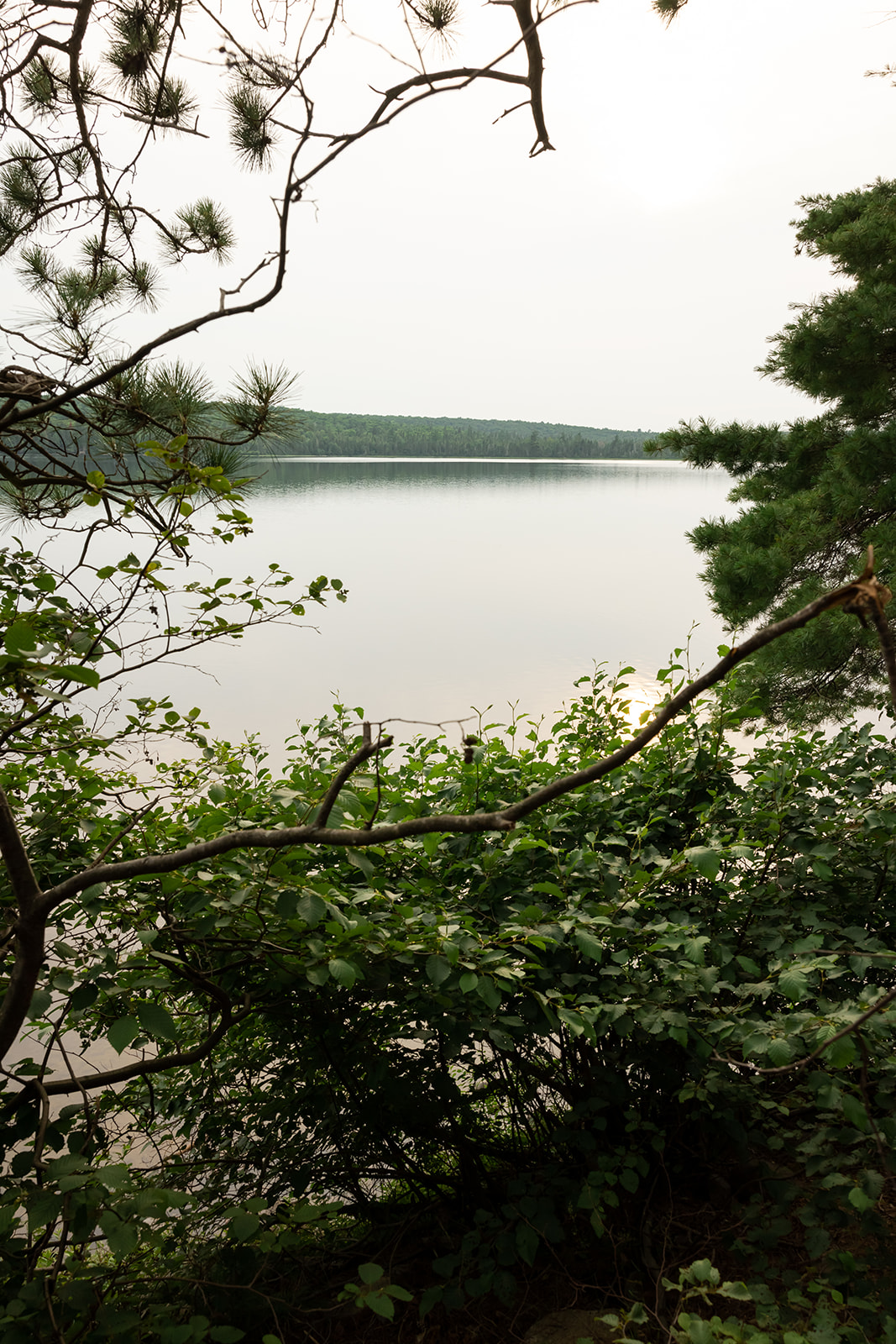Canoe trips are full of little things.
There's little snacks between portages. Those little breaks after a long paddle. Little sounds, little smells, little moments.
There’s a little book we bring, too—one that, despite its size, is a large source of insight.
“Notes to Myself: My Struggle to Become a Person,” by Hugh Prather, is a book you can fit in your pocket, let alone any camping pack.
My copy has gone through the ringer: dirt-stained pages, a ripped and faded cover (still attached because of a strip of tape), a missing back, some water-damaged text... It’s been on many adventures, and it’s inspired many conversations.
Not overly sentimental or melodramatic, Prather’s notes cut deep. They are a clear and honest mental dialogue about being vulnerable, accepting limitations, and reevaluating your relationship with others and yourself. His words explore the human condition and what it means to notice the world and your role in it.
It normally goes like this… The stars are out and the fire is smoking; embers spark amidst the dying flames that mark the end of a long day.
An owl hoots in the distance, and crickets squeak in the symphony of nighttime wildlife.
The lake is glassy-calm, a vast mirror reflecting the universe above. ‘Where is it?’ you think.
Then you find your battered copy of “Notes to Myself” and hand it to one of your camping companions.
They flip to any page and read a passage out loud.

“Being myself includes taking risks with myself, taking risks on new behaviour, trying new ways of thinking and being, so I can come to know how it feels to walk hand-in-hand with myself,”
“Dishonesty splits the mind,” they may read. “If my attention is wandering, there is somewhere it is trying to go, so obviously it does not want to be where I am holding it in the name of some self-imposed duty.”
“What do you think Prather means by ‘some self-imposed duty’?” someone might ask.
“Maybe he’s talking about the fluidity of consciousness—of how we need to allow our ideas to come and go…” “I think he’s talking about how predetermined expectations can blind us from what we really want…” “Maybe he’s talking about how thoughts can silence intuition…” And so on.
With this little book used as fuel, the flames of soul-searching conversation start burning, reminding us that camping isn’t just about connecting with your surroundings, but with yourself and those you’re next to. The passages gently guide ideas about what it means to be a person when the totality of personhood is impossible to define. And there’s no better environment for such introspection than the open space of the wilderness.
“Being myself includes taking risks with myself, taking risks on new behaviour, trying new ways of thinking and being, so I can come to know how it feels to walk hand-in-hand with myself,” one page reads.
Such risks and the pursuit of self-discovery are largely what tripping is all about; pushing your limits and rediscovering what you’re capable of is part of what makes camping adventures so revealing. Not only can you begin to unfold a new version of yourself as you cover new grounds—you begin to realize that who you are is a constantly changing, evolving process, as unsteady as a drifting canoe, floating with the tide, reaching new horizons, taking you to spectacular places.

The words are a roadmap of reassurance—a reminder that it’s okay to feel pain, to be confused, to get lost, to not know who you are.
But they are also an invitation to find the stillness that dwells beneath the turmoil. The stillness that comes on those calm summer nights where you’re everywhere you’re supposed to be, sitting by a fire with good people, breathing a little deeper.
Clearing your internal haze, “Notes to Myself” reminds you that life is good.

Mitch Conksy
Author. Storyteller. Adventurer


